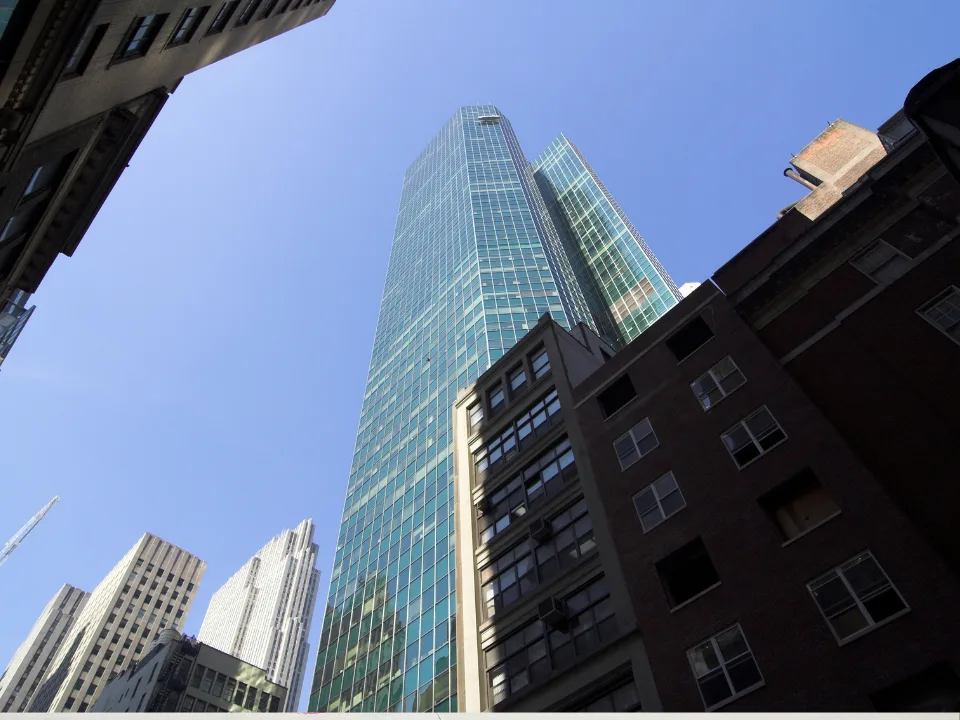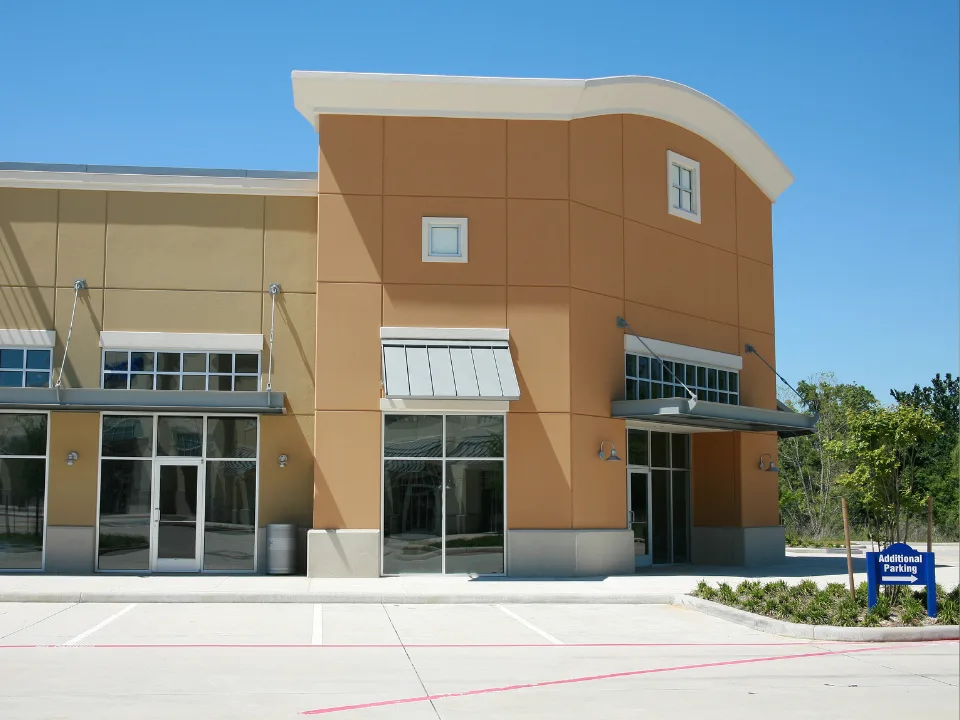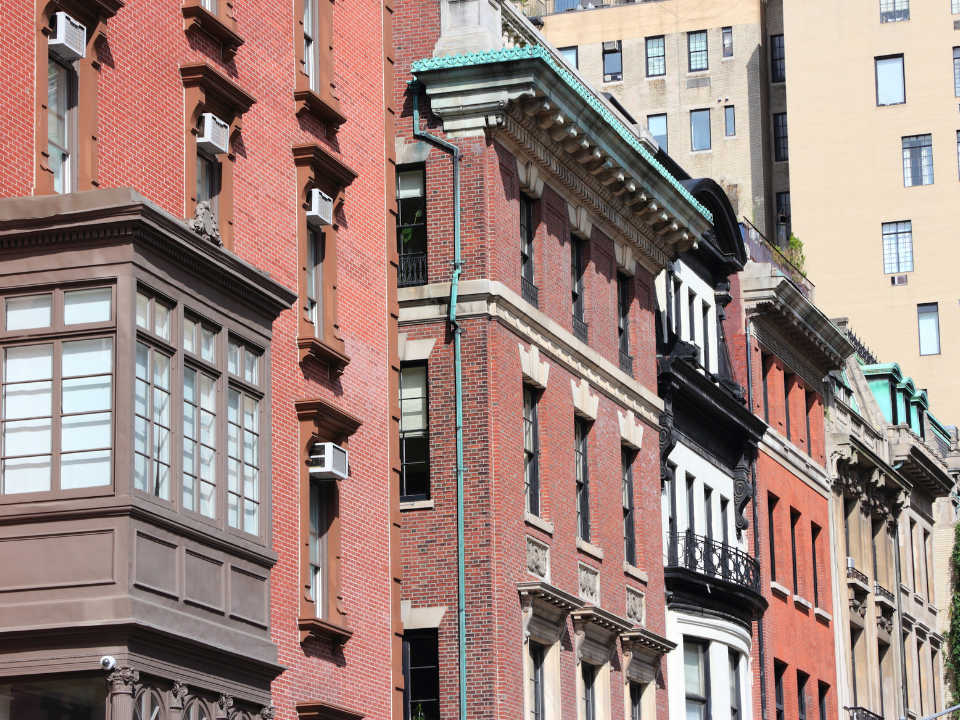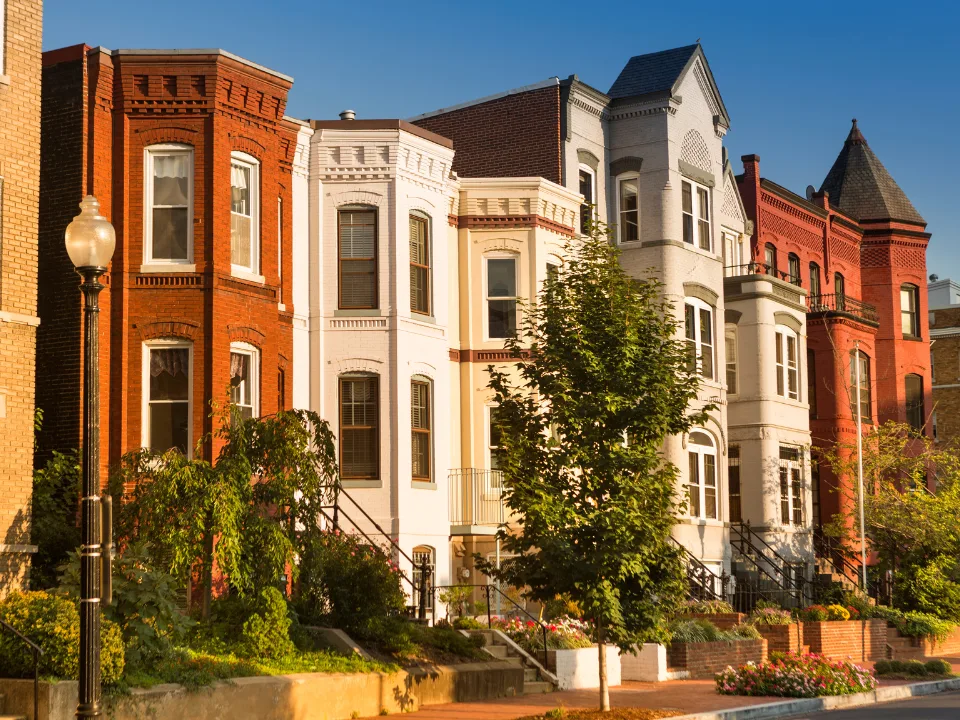- The Court rejected two cases challenging New York’s rent stabilization law, marking the fourth and fifth unsuccessful attempts to bring the law before the nation’s highest court.
- The rulings uphold provisions limiting landlords’ ability to reclaim rent-stabilized units and significantly raise the threshold for condo conversions.
- New York City is considering additional tenant protections, which could increase requirements on landlords.
According to The Real Deal, the U.S. Supreme Court denied petitions from G-Max Management and the Building and Realty Institute of Westchester County, which aimed to challenge the constitutionality of New York’s 2019 Housing Stability and Tenant Protection Act (HSTPA).
Legal Backdrop
The Court’s rejection solidifies lower court rulings upholding the law, which restricts landlords’ rights to reclaim rent-stabilized apartments and increases tenant protections, such as requiring landlord consent from at least 51% of tenants before condo conversions.
The 2019 law has been a focal point in New York’s ongoing housing debate. Landlord groups argue that the HSTPA violates the Constitution’s Takings Clause by limiting property owners’ control over their assets.
Following this latest Supreme Court rejection, Legal Aid and Legal Services NYC reaffirmed that the law remains sound under the Constitution.
Justice Clarence Thomas previously signaled that the Supreme Court might consider the issue in the right case, though this recent petition was deemed insufficient.
Pro-Tenant Momentum
The City Council is considering a new package of tenant-focused bills, including measures to require landlords who illegally evict tenants to apply for a certificate of no harassment.
Additionally, proposals would require landlords to provide air conditioning units in rent-stabilized apartments, further strengthening tenant protections.
Governor Kathy Hochul’s administration recently updated rent increase limits for renovations in rent-stabilized units, indicating a continued state-level commitment to protecting renters.
The Court’s decision preserves a status quo that New York officials are not actively seeking to overhaul, suggesting ongoing support for strong rent stabilization measures.
Get Smarter about what matters in CRE
Stay ahead of trends in commercial real estate with CRE Daily – the free newsletter delivering everything you need to start your day in just 5-minutes
Industry Impact
With the Supreme Court declining to intervene, New York landlords, especially single-family landlords and rent-regulated property owners, may face prolonged restrictions under the HSTPA.
Future legislation could require landlords to meet additional operational requirements, as tenant protections remain a focal point in New York’s housing policy.ion.
















